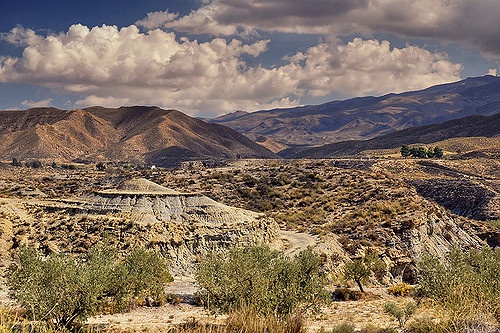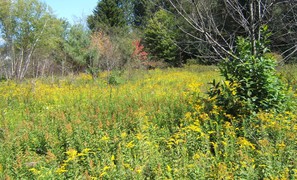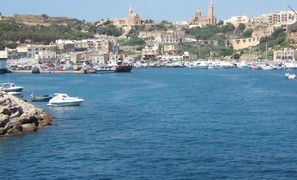Future Mediterranean land ecosystem changes unmatched in last 10,000 years

The Paris Agreement of December 2015 aims to maintain the global average warming well below 2°C above the preindustrial level. Ecosystem variability during the past 10,000 years was reconstructed from pollen analysis. Only a 1.5°C warming scenario permits Mediterranean land ecosystems to remain within this Holocene variability. At or above 2°C of warming, climatic change will generate land ecosystem changes that are unmatched in the Holocene.
In fact, regional temperatures in the Mediterranean basin are now ~1.3°C higher than during 1880-1920, compared with an increase of ~0.85°C worldwide. Climate model projections indicate that the projected warming in the Mediterranean basin this century continues to exceed the global trend.
Without ambitious mitigation policies anthropogenic climate change will likely alter ecosystems in the Mediterranean this century in a way that is without precedent during the past 10,000 years. The highly ambitious low-end scenario of climate change seems to be the only possible pathway toward more limited impacts. Under a high-end scenario of climate change, all of southern Spain turns into desert, deciduous forests invade most of the mountains, and Mediterranean vegetation replaces most of the deciduous forests in a large part of the Mediterranean basin.
In addition to climate change, other human impacts affect ecosystems, such as land-use change, urbanization, and soil degradation. Many of these effects are likely to become even stronger in the future because of the expanding human population and economic activity. Without ambitious climate targets, the potential for future managed or unmanaged ecosystems to host biodiversity or deliver services to society is likely to be greatly reduced by climate change and direct local effects.
Source: Guiot and Cramer, 2016. Science 354 (6311): 465-468
Photo: Jose Maria Cuellar (www.flickr.com)






